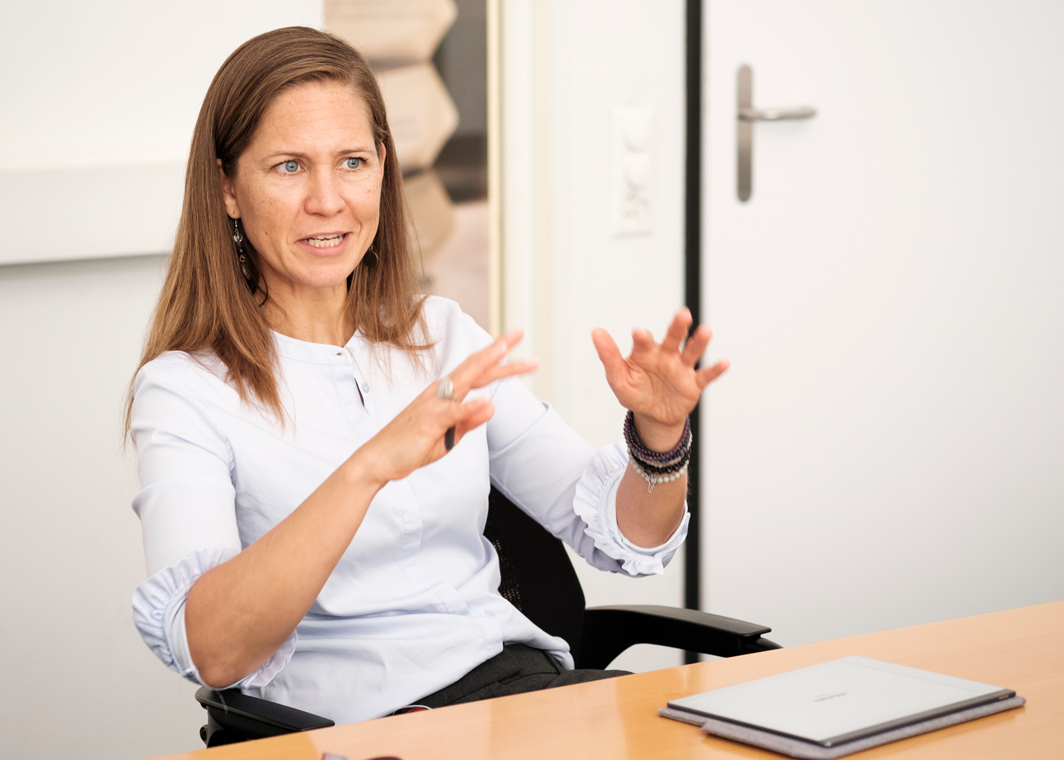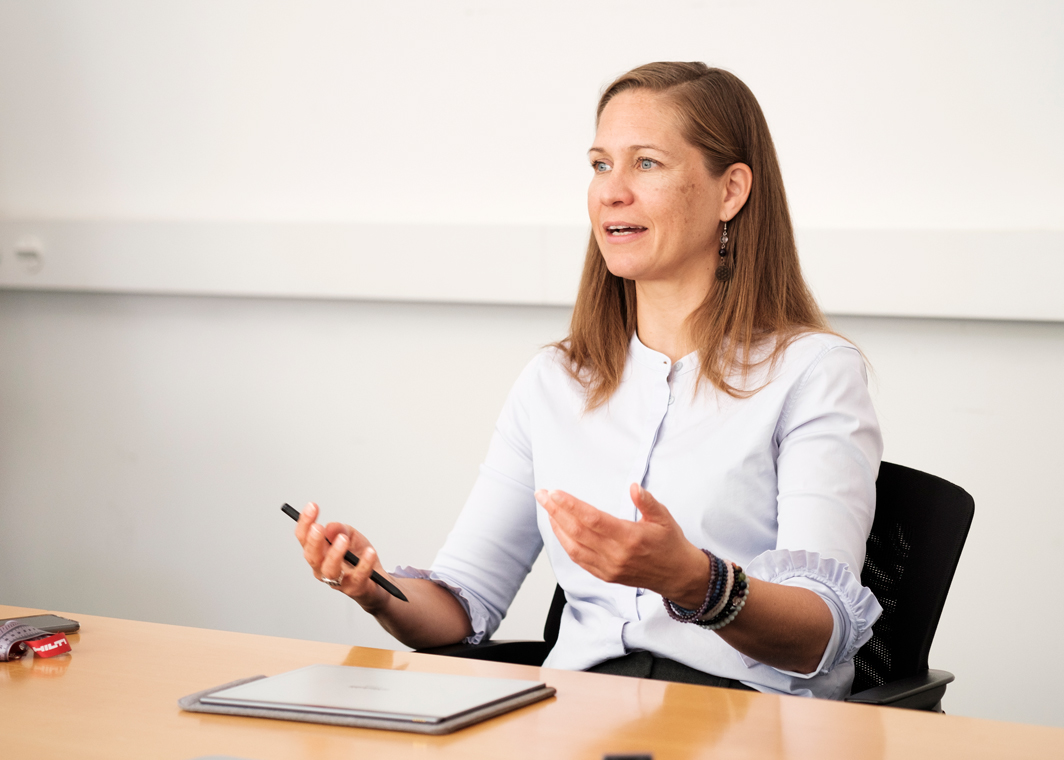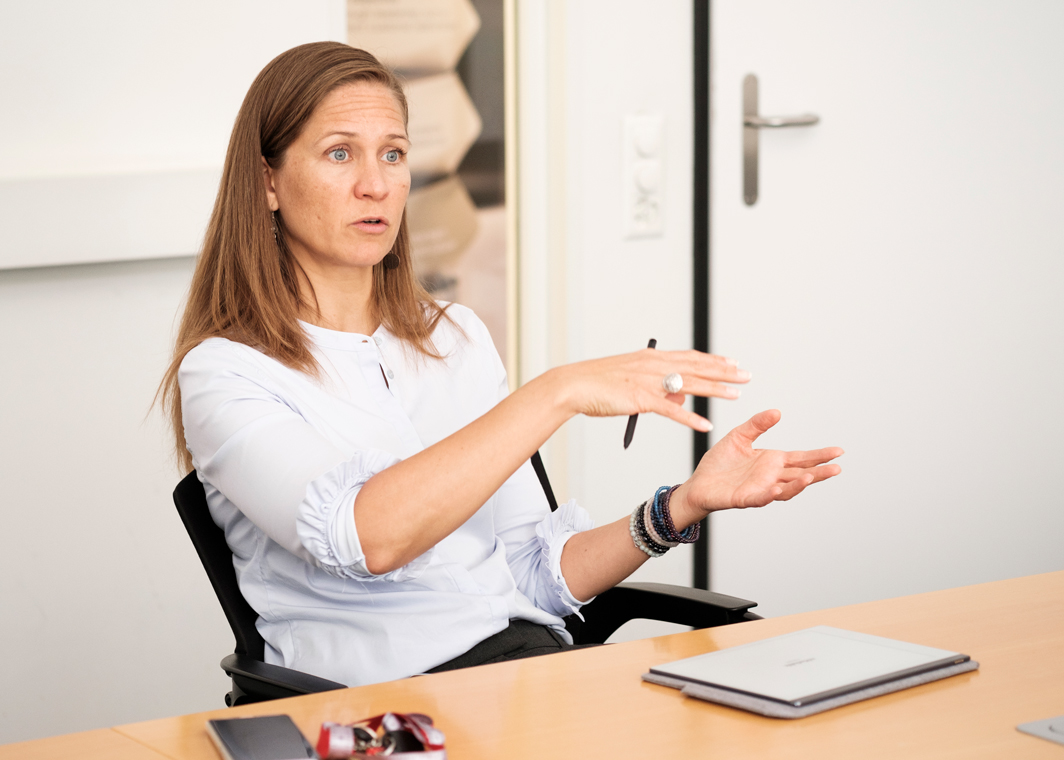echo interview with Lea Ryter Ciampi, Head of Human Resources, Hilti (Switzerland) AG
elipsLife echo: Ms Ryter Ciampi, how have work-related health problems and absences developed at Hilti?
There has undoubtedly been a massive increase in both absences from work due to mental health problems and those due to illness in general since the coronavirus pandemic. We had a 15% increase in absences due to illness from 2021 to 2022, and this actually rose to 42% from 2022 to 2023. So far it looks as if there will be a slight decline in the current year, but much can still change before the end of the year.
The workplace has a major impact on mental well-being, as shown by the recently published Axa Mind Health Study. According to the study, work-related stress and health problems cause an annual GDP loss of CHF 17.5 billion – in Switzerland alone. Does this finding surprise you?
Not really: this figure reflects my experience at Hilti. Although Hilti is considered a very good employer, our company is also confronted with stressful issues. HR colleagues from other companies also tell me time and again that mental well-being is in general a big and costly topic.
As you mentioned, Hilti is considered an excellent employer. The Great Place To Work® organisation has declared Hilti the winner for 2024. What makes your company better than others?
We have been working intensively on our employee culture for years. Hilti knows all about the so-called "culture journey". Each market organisation has a full-time position called a "Sherpa", whose sole responsibility is to foster the employee culture. This person conducts two-day team camps every two to three years with all employees (around 520 in Switzerland). The aim is to find a common language in dealing with the chosen topic. Hilti is a “Great Place to Work” because we work on the quality of our workplace. Our corporate culture is very important to us and we treat each other particularly well. Both our General Manager and Ambassadors across the company hierarchy ensure that our “care and perform” approach works and remains balanced.
In a nutshell: what makes a good employer today?
Finding a balance between performance and taking care of employees. An employer must take its employees seriously and enable them to experience this.



